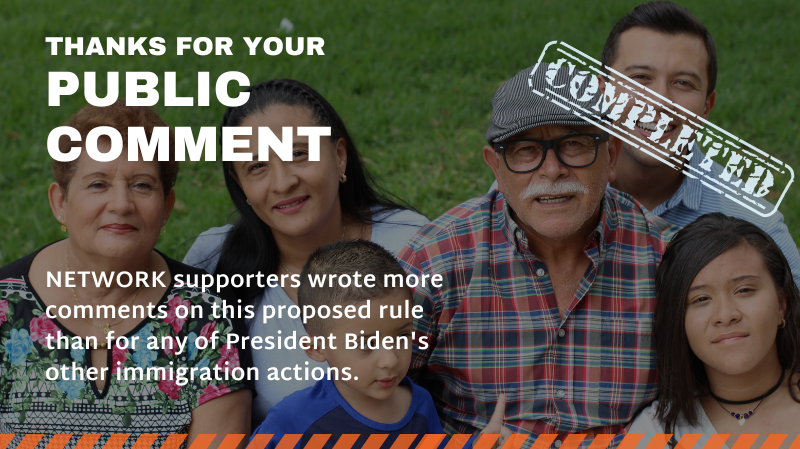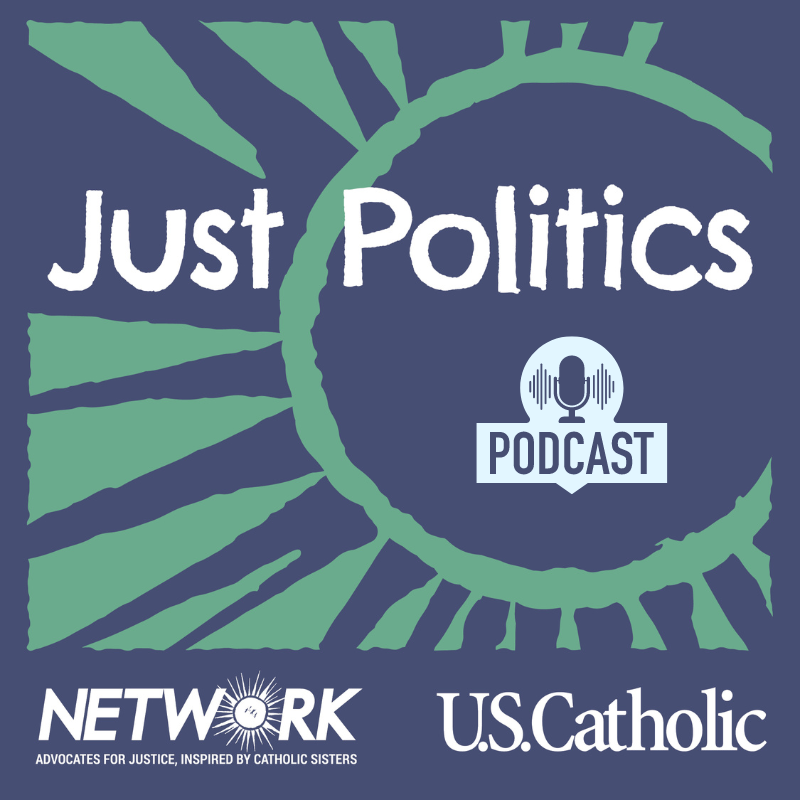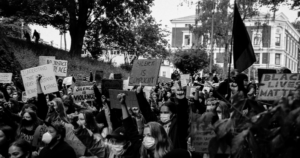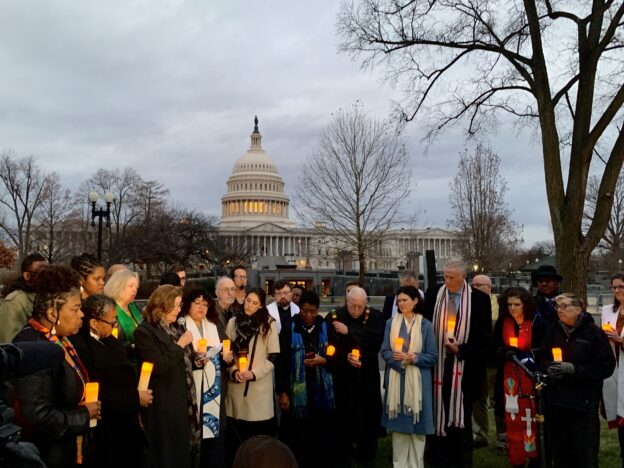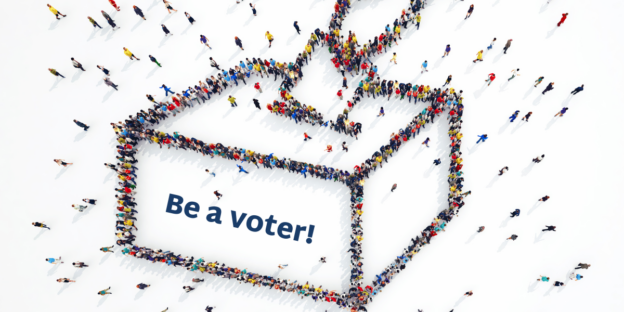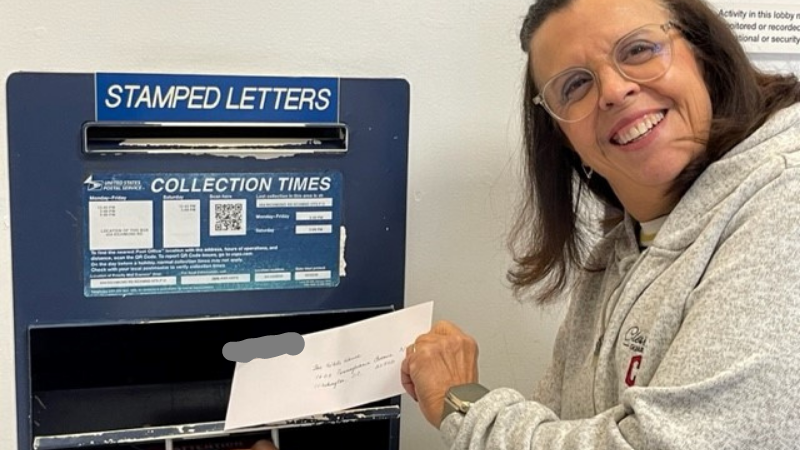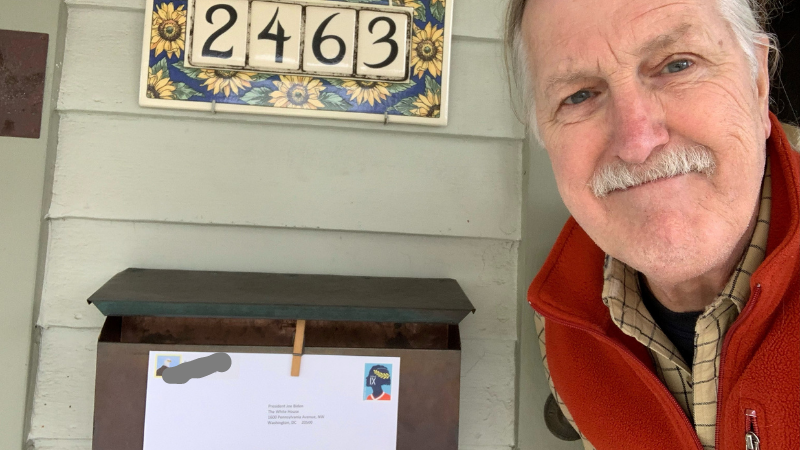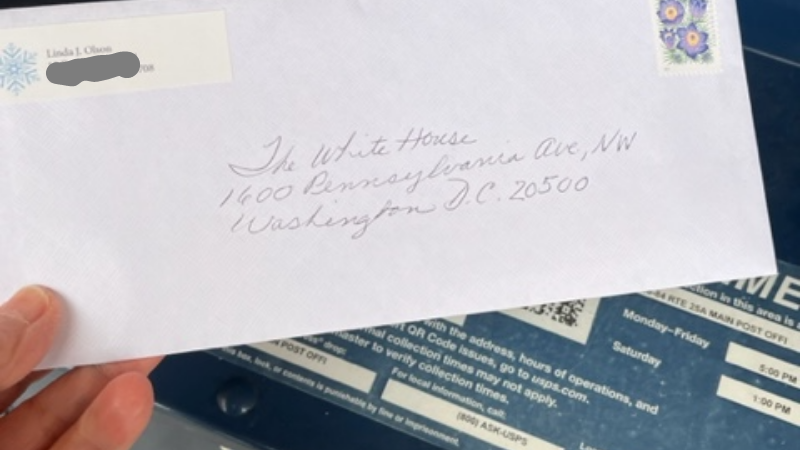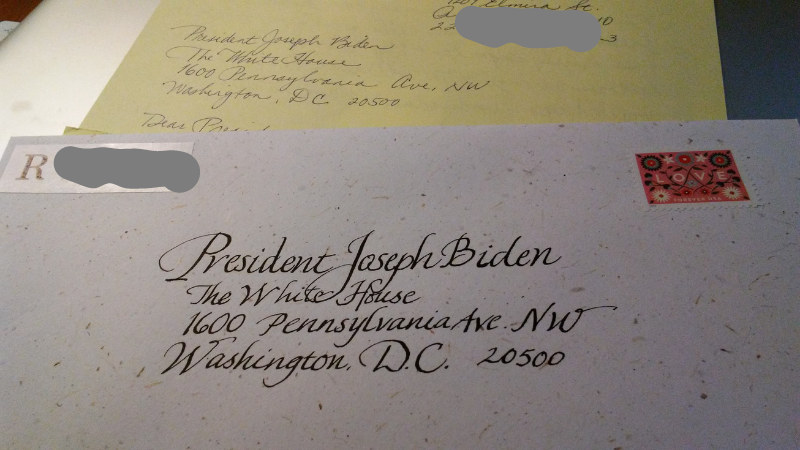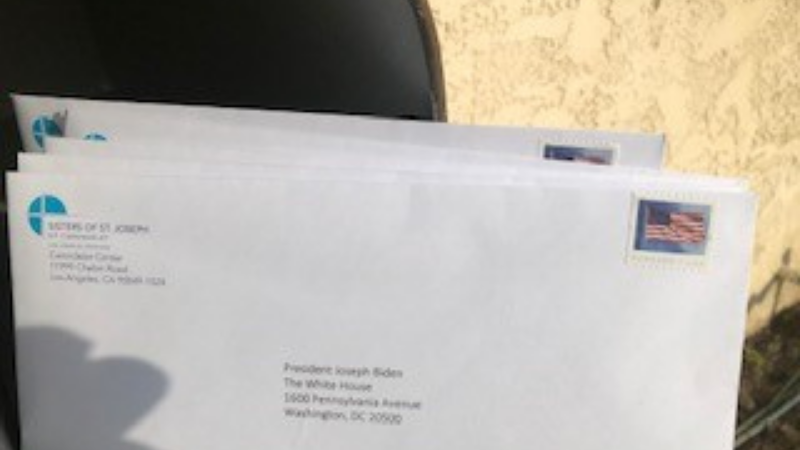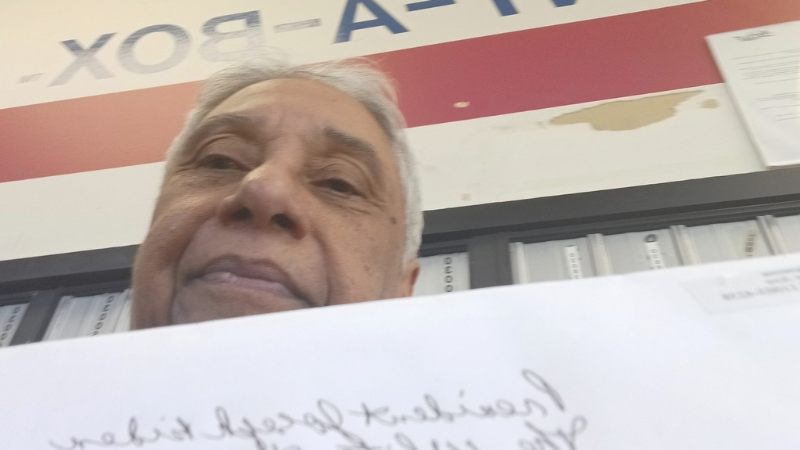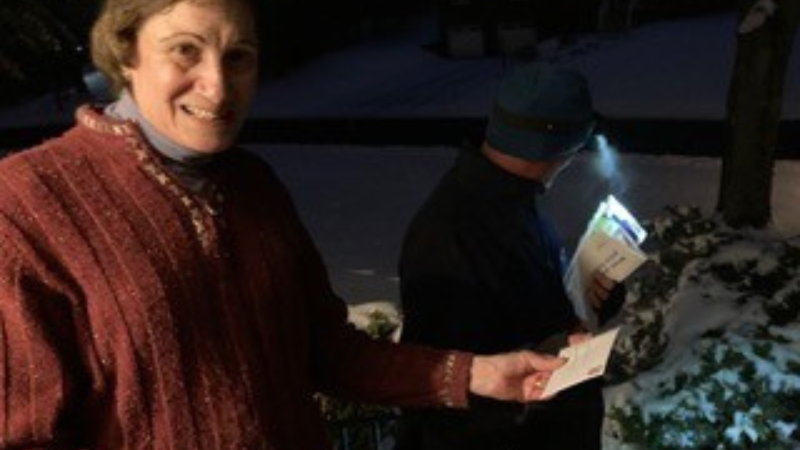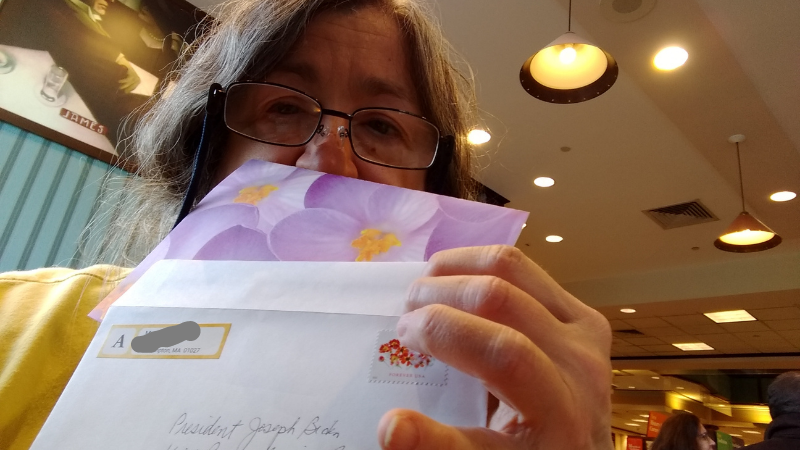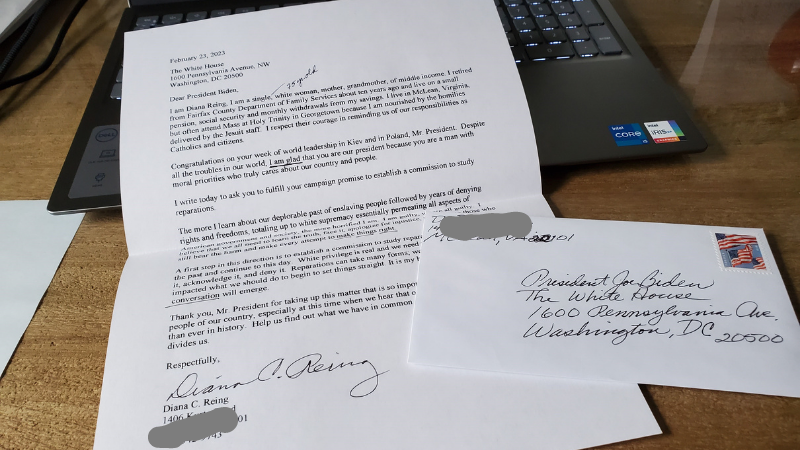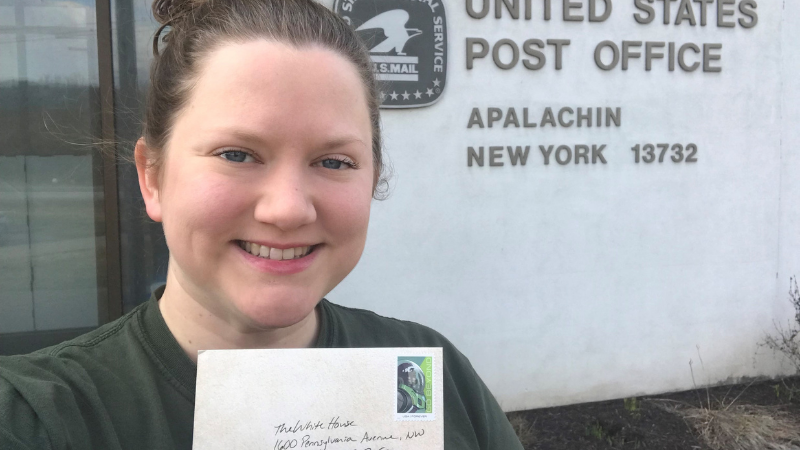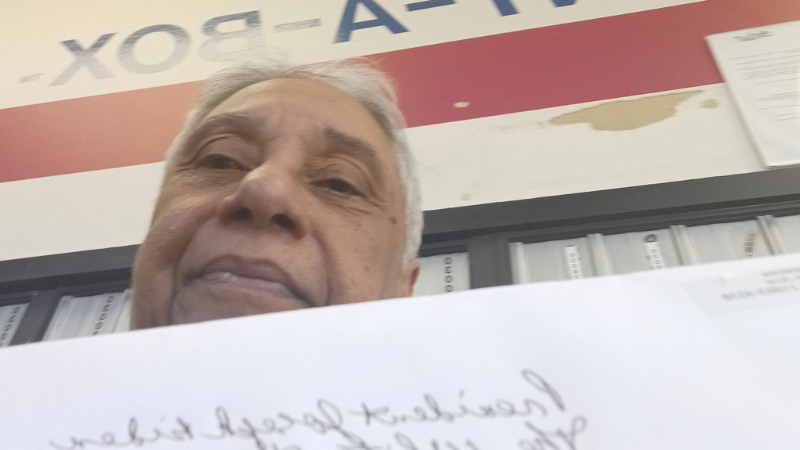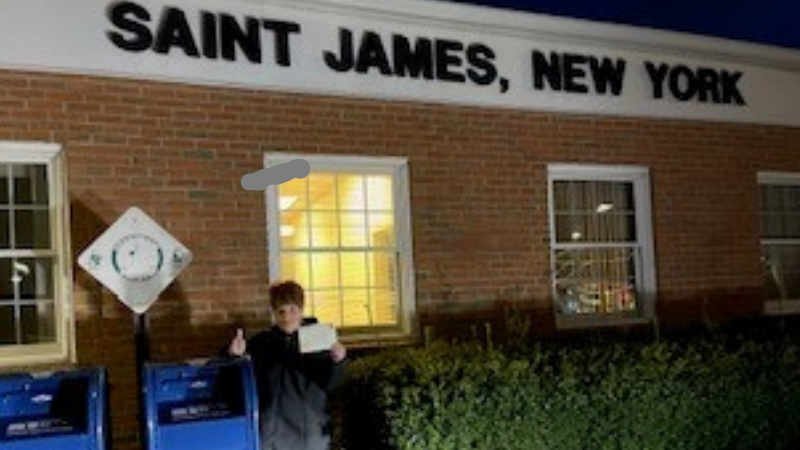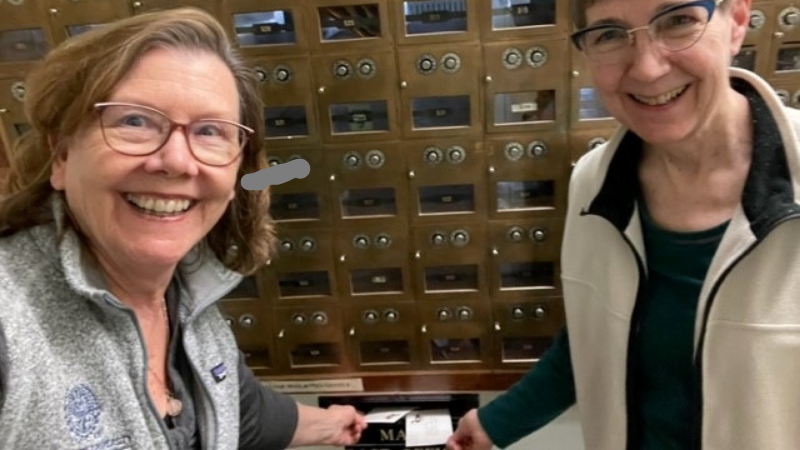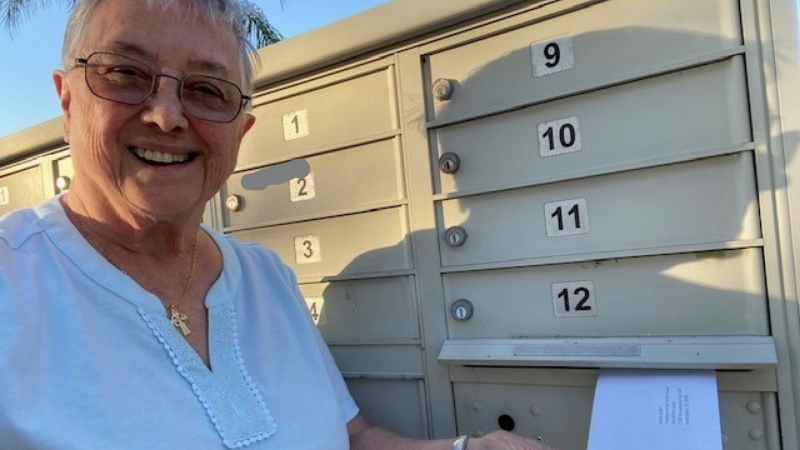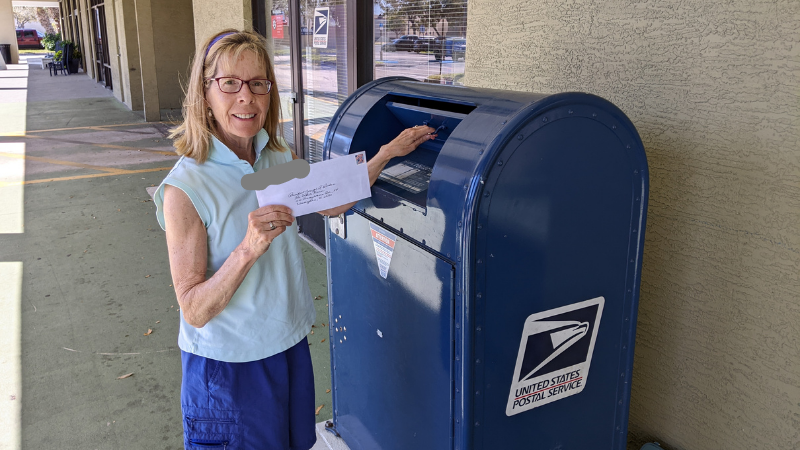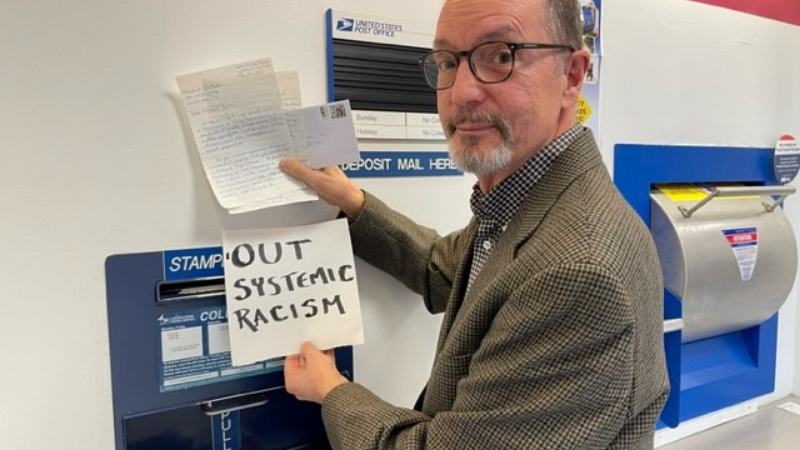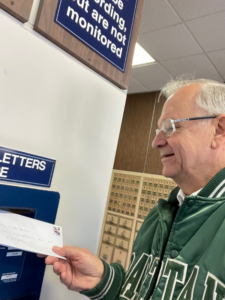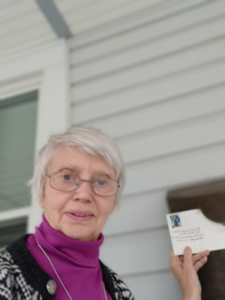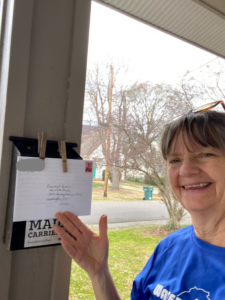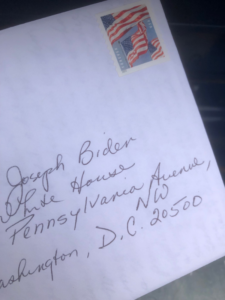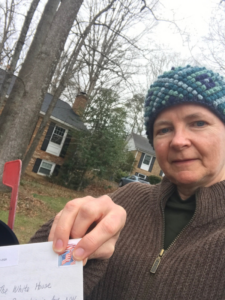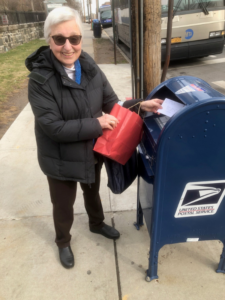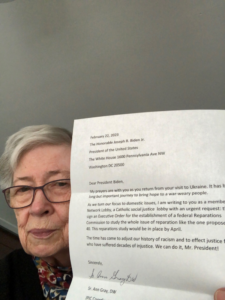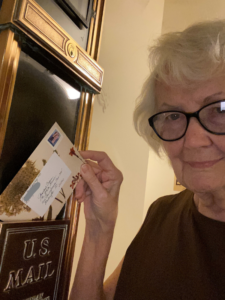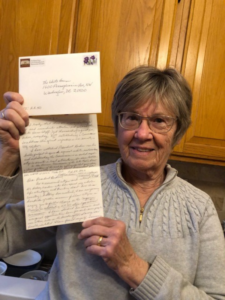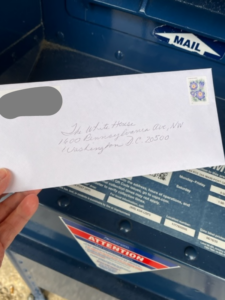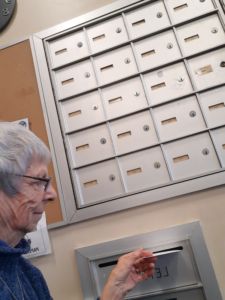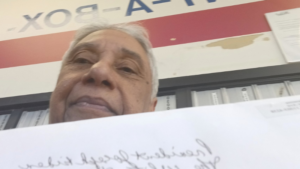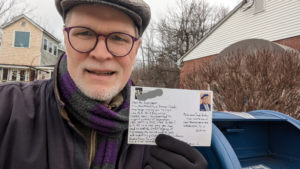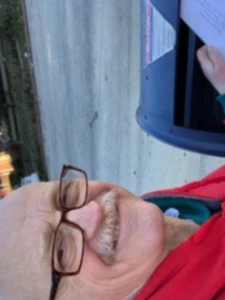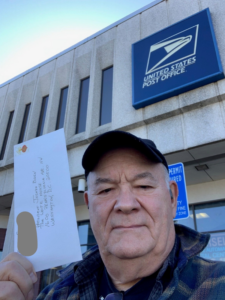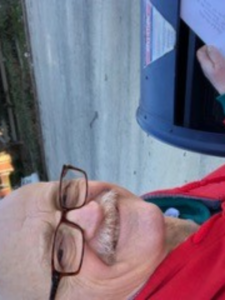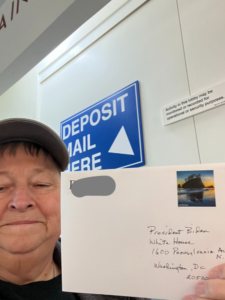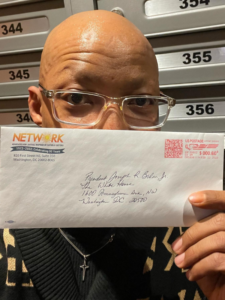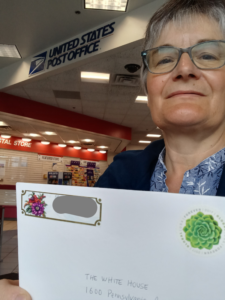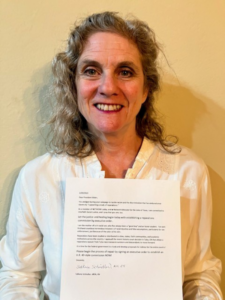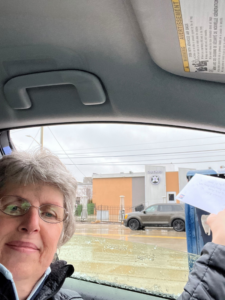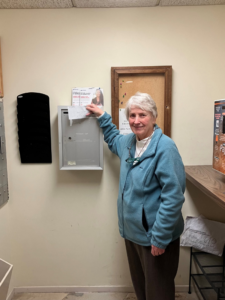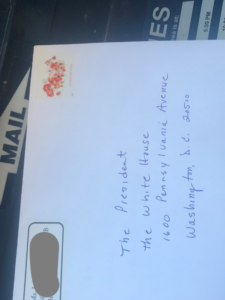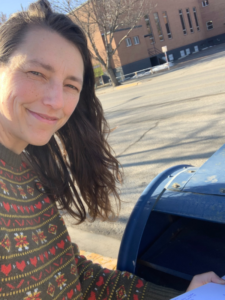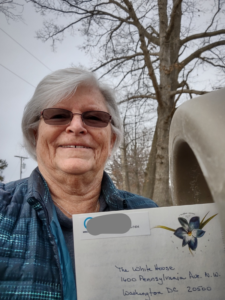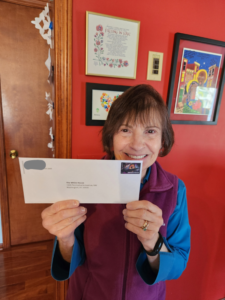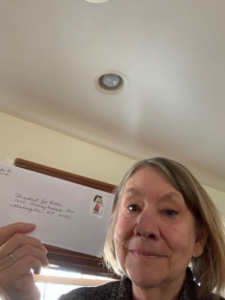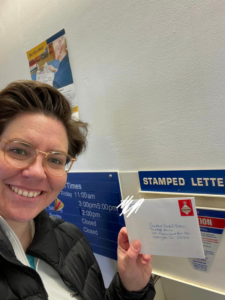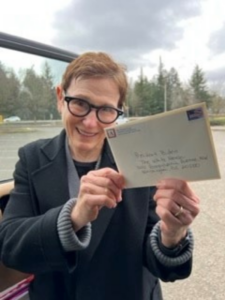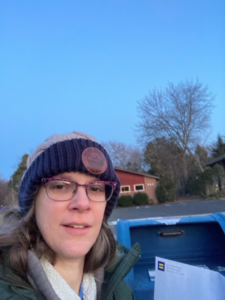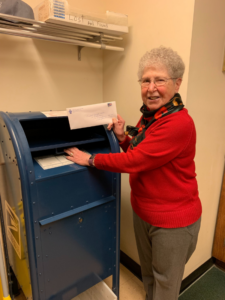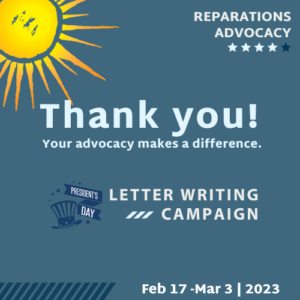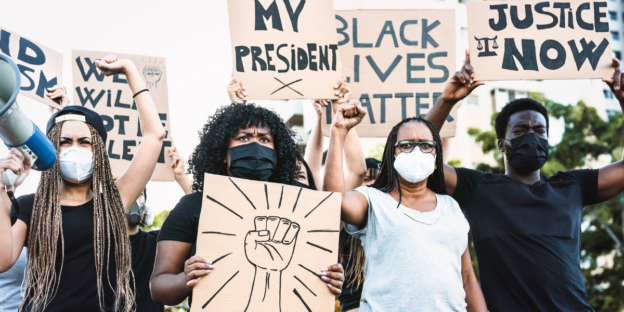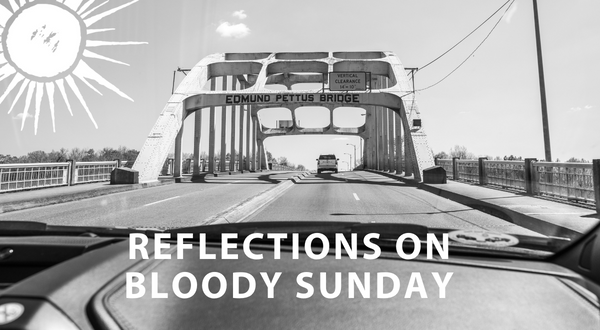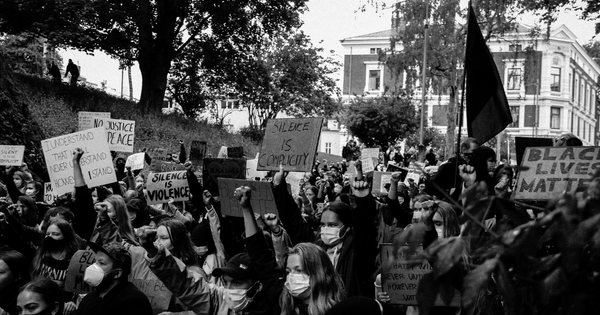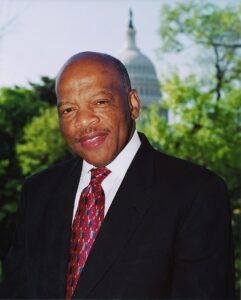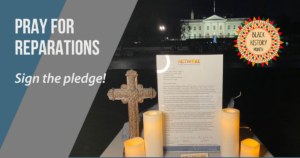
AAPI Heritage Month Invites Reflection and Reparation
Jarrett Smith
May 1, 2023
The human brain is excellent at recognizing threats. If something upsets the patterns, we associate with normal – or fits into a pattern we associate with as harm – our fight-or-flight response is triggered, and we react accordingly. Our Neanderthal cousins’ ways of processing the world live on. But this very old impulse has caused a lot of harm in recent centuries because human beings have developed a destructive tendency to see one another as a threat, even when they have no reason to believe this.
A terrible example from the last century is U.S. government’s internment of Japanese Americans following the attack on Pearl Harbor and the U.S. entry into World War II. In the name of national security, entire communities were disrupted. People lost everything. And the harm is still in living memory of the young Japanese Americans who joined their families in the camps where the government forcibly relocated them.
May is Asian American and Pacific Islander Heritage Month, so it’s good to remember such chapters of U.S. history and apply their hard lessons to our world today. At NETWORK, we take from it a couple of key lessons. First, it’s sober context for the terrible border policies of recent years, including family separation, kids in cages, Title 42, and the ongoing inability or refusal to restore basic function to our immigration and asylum systems. Racist policies are sadly nothing new.
But we can also take encouragement in the fact that, in 1981, in recognition of the harm done by Japanese American internment, the U.S. government gave Japanese Americans $20,000 in reparations, along with an apology from President Ronald Reagan. This move served as one inspiration for H.R. 40, the bill that would form a commission to study the question of reparations for Black Americans. NETWORK is part of the coalition that endorses this bill, and our work on the Racial Wealth and Income Gap and Tax Justice for All demonstrates the pernicious structural and intergenerational racial inequities that would need to be addressed as part of reparations.
And sadly, we have far more recent examples of anti-Asian hate in the U.S., especially the ugly and paranoid response of many people to the COVID-19 pandemic. Facing the peril of a new and dangerous respiratory disease, many people projected their fear onto a group of people, an “other.” This too requires solidarity, repudiation, and real examination of both the harm and its causes.
I believe that human beings have the capacity to learn and grow past the sin of racism and all its ugly patterns. We shouldn’t be recognizing threats in one another. We should be recognizing humanity. Humanity brings a vibrant diversity that is gift. And in Asian American and Pacific Islander Heritage Month, that gift is so abundantly clear. Our friends and neighbors of Japanese, Chinese, Vietnamese, Sri Lankan, Indian, and so many other Asian and Pacific Islander backgrounds are all gift, and the appropriate response to a gift is not fear, but gratitude.
This Asian American and Pacific Islander month is a call to reflection on the actions, past and present, of the society in which we live, and an invitation to repair the harms, to break the patterns and cycles of racism. Breaking those habits and finding areas to collaborate with marginalized groups seeking reparatory justice would truly put us in a place to celebrate the future we want.
Jarrett Smith is a NETWORK Government Relations Advocate.









